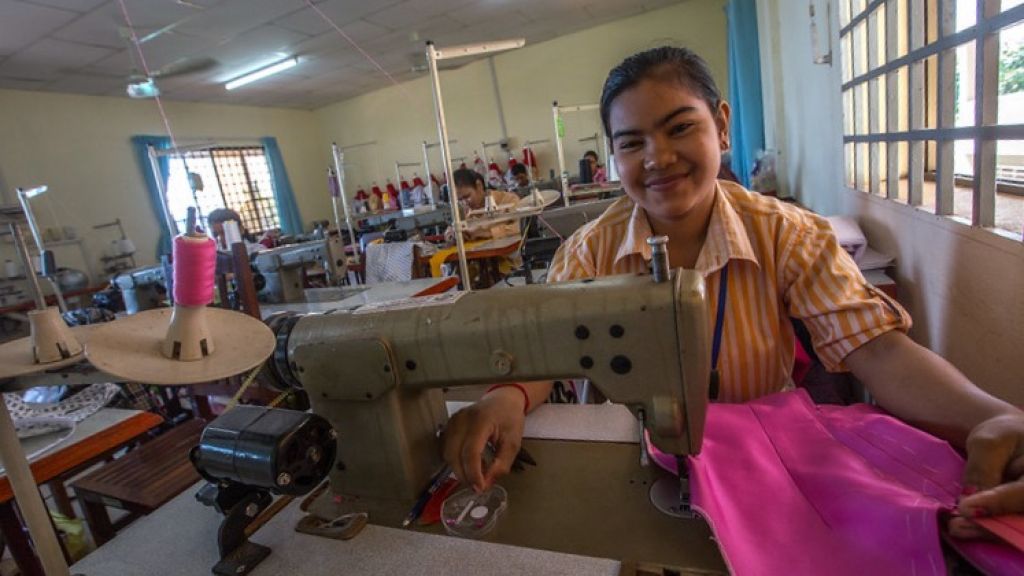Industry 4.0 Could Have Transformational Impact on Skills and Jobs in Cambodia — ADB Study
Cambodia should consider developing industry transformation maps in key sectors to enable the transition to the fourth industrial revolution (4IR) with adequate investment in skills development for new and repositioned jobs, according to a new study by the Asian Development Bank (ADB).

